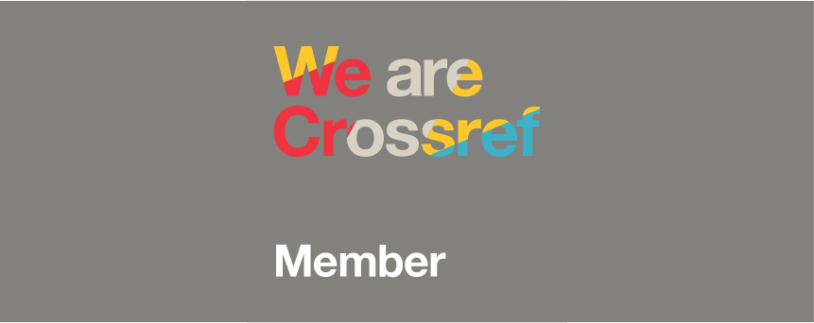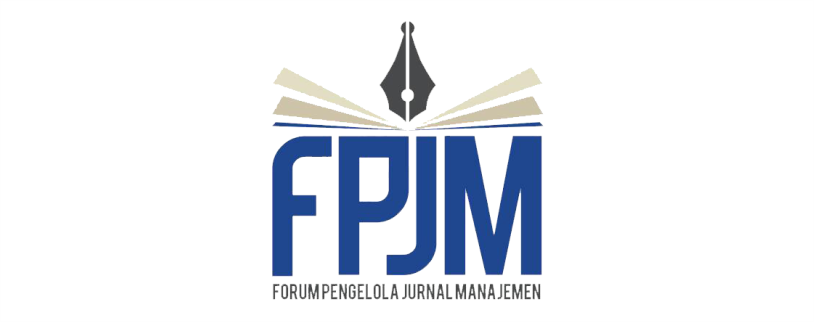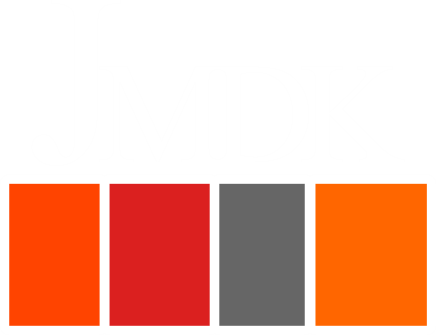Peranan Perubahan Budaya Berjilbab Dalam Implementasi Strategi Dan Efeknya Terhadap Kinerja Bisnis Pada Usaha Kecil Jilbab
DOI:
https://doi.org/10.26905/jmdk.v6i1.2151Keywords:
Hijab Culture, Implementation Strategy, Business Performance, SMEsAbstract
This study aims to describe and explain the meaning of change in hijab culture in society and how the role of these values change on the implementation of differentiation-focus strategy and its effect in improving business performance. This research is conducted  on small business hijab Faiz Collection in Manyar District Gresik. This research approach is a case study with qualitative descriptive research method. The findings of the study indicate that the meaning of change in hijab culture is related to values on the hijab. The first value is cultural value, formed by: 1) religious system, 2) social    organization     system,            and 3) knowledge system. The second value is hijab value, formed by: 1) religious system, 2) community norms, 3) requirements, and 4) benefits. The third value is business value, formed by: 1) consumption activities, 2) production activities and 3) distribution activities. The effect of changing needs on hijab (from hijab standard to the syar'i hijab) to business performance is the increasing sales doubled compared with the standard hijab sales.
Â
https://doi.org/10.26905/jmdk.v6i1.2151
Downloads
References
Al-Bilaly, Abdul Hamid. 1998. Saudariku, apa yang menghalangimu untuk berhijab?, Cetakan 1. Jakarta: Akafa Press.
Allen, Richard S., Helms, Marilyn M. 2006. Linking Strategic Practices And Organizational Performance To Porter’s Generic Strategies. Online,melalui:https://cyber.scihub.cc/MTAuMTEwOC8xNDYzNzE1MDYxMDY3ODA2OQ==/allen2006.pdf, diakses pada tanggal 21 November 2017.
Geertz, Clifford. 1992. Kebudayaan dan Agama, Penerjemah Francisco Budi Hardiman. Yogyakarta: Kanisius.
Griffin, W Ricky. Ronald J. Ebert. 2002. Business, Sixth Edition. New Jersey: Prentice Hall International, Inc.
Hamali, Arif Yusuf. 2016. Pemahaman Strategi Bisnis dan Kewirausahaan. Jakarta: Kencana.
Istadiyantha. 1984. Hikmah jilbab dalam pembinaan akhlak. Solo: CV Ramadhani.
Jatmiko. 2004. Pengantar Bisnis. Malang: UMM Press.
Jauch., Glueck. 2000. Manajemen Strategis dan Kebijakan Perusahaan, Edisi 3. Jakarta: Erlangga.
Lambing, A Peggy. 2003. Entrepreneurship. New Jersey: Prentice Hall.
Lerner, J Joel. 1986. Introduction to Business Organization and Management. Singapore: McGraw-Hill Book Co.
Muhammad Sa’id al-‘Asymawi, 2003. Kritik Atas Jilbab, Alih Bahasa Novriantoni Kahar dan Opie Tj. Jakarta: Jaringan Islam Liberal dan The Asia Foundation.
Mujianto, Yan. 2010. Pengantar Ilmu Budaya. Yogyakarta: Pelangi Publishing.
Pearce, John A., Robinson, Richard B. 2016. Manajemen Strategi: Formulasi, Implementasi, dan Pengendalian, Edisi 12. Jakarta: Salemba Empat.
Prawirokusumo, Soeharto. 2010. Kewirausahaan dan Manajemen Usaha Kecil. Yogyakarta: BPFE.
Rivai, Abdul., Prawironegoro, Darsono. 2015. Manajemen Strategis: Kajian Manajemen Strategis Berdasar Perubahan Lingkungan Bisnis, Ekonomi, Social dan Politik. Jakarta: Mitra Wacana Media.
Steiner, A.G, F. John, Steiner. 2000. Business, Government, and Society A Manajerial Perspective, Ninth Edition. United State America: McGraw-Hill Companies.
Taman. A. 2012. Model pengukuran kinerja perusahaan dengan metode smart system (Studi Kasus pada UKM CV.Batara Elektrindo).
Vernon, A. Musselman, H. Hughes Eugene. 1981. Introduction to Modern Business, Eight Edition. United State of America: Prenctice Hall, Inc.
Whelen, Thomas L., Hunger, J. David. 2003. Manajemen Strategis. Yogyakarta: Andi Offset.
Downloads
Published
Issue
Section
License
Authors who publish with this journal agree to the following terms:
(1)Â Copyright of the published articles will be transferred to the journal as the publisher of the manuscripts. Therefore, the author confirms that the copyright has been managed by the journal.
(2) Publisher of Jurnal Penelitian is University of Merdeka Malang.
(3) The copyright follows Creative Commons Attribution–ShareAlike License (CC BY SA): This license allows to Share — copy and redistribute the material in any medium or format, Adapt — remix, transform, and build upon the material, for any purpose, even commercially.












